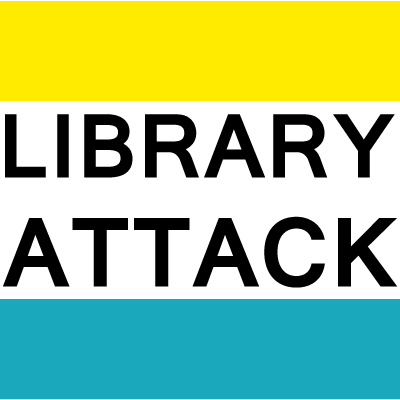
flickr photo shared by lizkentleon under a Creative Commons ( BY-NC ) license
Something I’ve been ruminating on for the past few weeks are communications issues I’ve been facing in my professional spheres where decorum and harmony matter quite a lot. One of the big issues with the SLA Recommendations Report was that it didn’t effectively communicate some of the goals (it’s not well written in parts), and its poor use of language was threatening and off putting to many members. I’ve had many tense conversations since then trying to explain why I (and several others) found the language condescending, and discussing what the actual intent might have been. I don’t think anybody’s mind has been changed, but I know a few of my colleagues listened enough to know that when a many academic librarians say, “The language in this report is dismissive to me and others,” they understand we’re making it up to be dramatic but that we have concerns they weren’t aware of. These conversations are easy to ignore and really hard to have in big settings, but are hugely important in one-on-one interactions. One big obstacle is how you get the opportunity to have these conversations?
I’m seeing a similar thing happening on Twitter (an often horrible platform for these discussions) about Open Access and proposal that libraries should just walk away from journal subscriptions to make something happen. It’s a fun thought experiment, but the discussion also highlights many divisions within the scholarly communications ecosystem which makes the conversation frustrating and usually unproductive. (Well… more of the same really.) Part of this is the failing of Twitter as a platform, but a more important part is the competing interests of the participants and the lack of listening going around.
So many of the proclamations about how we should reform publishing come from people in great positions of privilege that are comfortable enough to make bombastic statements. They won’t be dealing with the fallout directly. This is true for librarians, publishers, and academics/authors. I’ll confess that I often feel like there’s no point in trying to participate in some of the circles because I know the big wigs driving the grand agenda won’t listen to my world of messy use cases. I get it though, because they’re focused on high level policies that are discussed in rarified air. It’s an important part of the landscape for sure, but only one section. I listen to them though, to see where things are headed and that’s valuable. It’s frustrating though because way too often the message is drenched in condescension. The way forward is so simple! (Because the details like staffing, funding, and local culture aren’t their problem.) For those reasons, the conversations I gain the most from are with others who are also in the weeds. They know their challenges and want to know mine. It’s hard to find these people though since it’s often across many boundaries — discipline, sector, profession, etc.
Now, there are lots of people in the publishing ecosystem who aren’t listening to anything because they’re not paying attention. They’re like ostriches in the sand. Trying to have the conversations with them are frustrating because they need the message tailored to them and their specific situation, which is exhausting. People who engage them have my respect.
So I guess the way forward is to be more mindful of all the players and really listening to one another. This means giving the blowhards some space to bloviate, but then also asserting your voice. We need to have these conversations to establish better understanding across many sectors, which leaves little room for podiums, soapboxes, and inflated egos.
OK, so this probably won’t happen in schol comm circles but can we at least make it happen with subject-based information professionals?

Leave a Reply